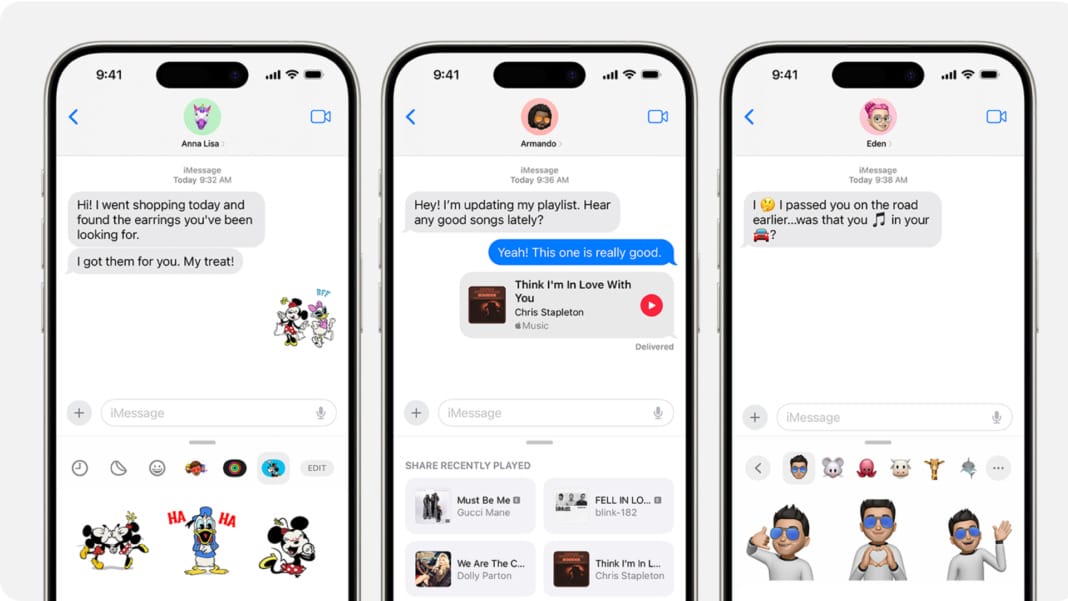In alignment with Global Accessibility Awareness Day, Google has announced several new updates to its accessibility features, aimed at helping users with visual impairments better interact with their surroundings through their Android devices.
A major enhancement has been made to Google’s Lookout app, which assists users who are blind or have low vision. The app now utilises advanced AI to identify specific objects in the environment, such as seating and bathrooms. This update expands Lookout’s capability to detect and categorise seven types of objects. “As you move your camera around the room, Lookout will notify you of the direction and distance to the item,” explained Eve Andersson, Google’s Senior Director of Product Inclusion, Equity, and Accessibility, in a recent blog post.
Android’s Look to Speak app, which enables users to select phrases using eye movements that the device then vocalises, has introduced a text-free mode. This new feature is designed to facilitate communication for people with cognitive differences, literacy challenges, and language barriers, enhancing inclusivity and accessibility.
Broader accessibility initiatives
Google is also broadening the reach of its Project Gameface, originally available on PC, which allows users to control a computer’s cursor through head movements and facial gestures. This feature is now extended to Android users, with developers encouraged to integrate it via GitHub.
Additional improvements include support for Auracast-enabled Bluetooth devices on Google Maps, allowing users to receive audio from broadcast devices in public spaces like theatres and gyms. Google Maps has also expanded its detailed voice guidance for walking directions to Android and iOS globally, in all supported languages.
The redesign of Google’s sound notifications—triggered by noises such as fire alarms—reflects significant user feedback, with enhancements to the onboarding process, sound event browsing, and the customisation of sound alerts.
These developments demonstrate Google’s ongoing commitment to improving accessibility across its platforms, ensuring that technology is more usable for everyone. Yesterday, Apple similarly announced upcoming accessibility enhancements to its devices, indicating a broader industry focus on inclusivity.





